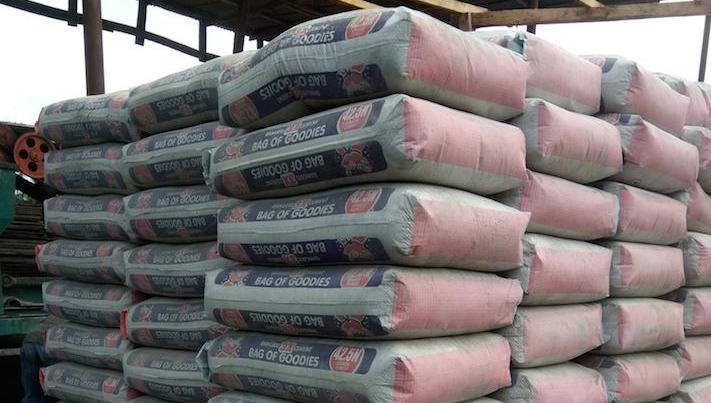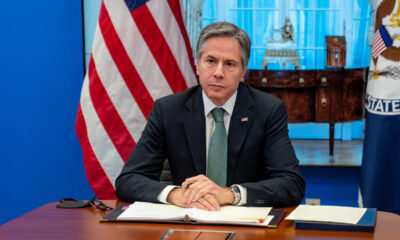Nigerian manufacturers have revealed that demand for cement dropped by 30 per cent in the country during the period of its cash scarcity earlier this year.
The Manufacturers Association of Nigeria (MAN) in a ‘Special Focus’ of its Manufacturing CEOs Confidence Index, said the lack of access to cash during this period led to a 20 per cent drop in sale of consumer goods.
In its report, MAN insisted that the Central Bank of Nigeria did not need to aggressively pursue policy changes or hasten the country’s transition to a cashless economy.
With sale of consumer goods and cement falling by around 20% and 30%, respectively, the protracted crisis nearly bankrupted manufacturing enterprises.
Nigeria’s Central Bank, in November 2022, introduced new designs of the N200, N500, and N1,000 notes in an attempt to bring currency from outside the banking system into the banking system, thereby making monetary policy more effective in combating inflation. But the situation boomeranged with the shortage of cash and alleged hoarding of the old notes and unavailability of the new ones.
The report also highlighted the need for government intervention to stabilise the currency and create a more favourable business environment. It suggested measures such as providing access to affordable credit, improving infrastructure, and implementing policies that promote local production.
These steps would not only help manufacturing companies recover but also stimulate economic growth and job creation. It is crucial for policymakers to address these issues promptly to prevent further damage to the manufacturing sector and ensure a sustainable recovery.
The report read in part, “The substantial reduction in money velocity left opportunity for speculation and ignited the creation of a naira black market that compounded the woes of manufacturers already plagued by insufficient forex.
“The naira scarcity clearly wiped out numerous small and medium manufacturing businesses whose transactions were cash-based, especially those within the agro-allied industries who regularly deal with local farmers in remote towns where no formal banking is in sight. More unfortunately, the exorbitant POS charges on such cash constrained the operations of resilient manufacturing SMEs and worsened their cost of doing business.” the report concludes.


 Metro2 days ago
Metro2 days ago
 Politics1 day ago
Politics1 day ago
 Tech1 day ago
Tech1 day ago

























